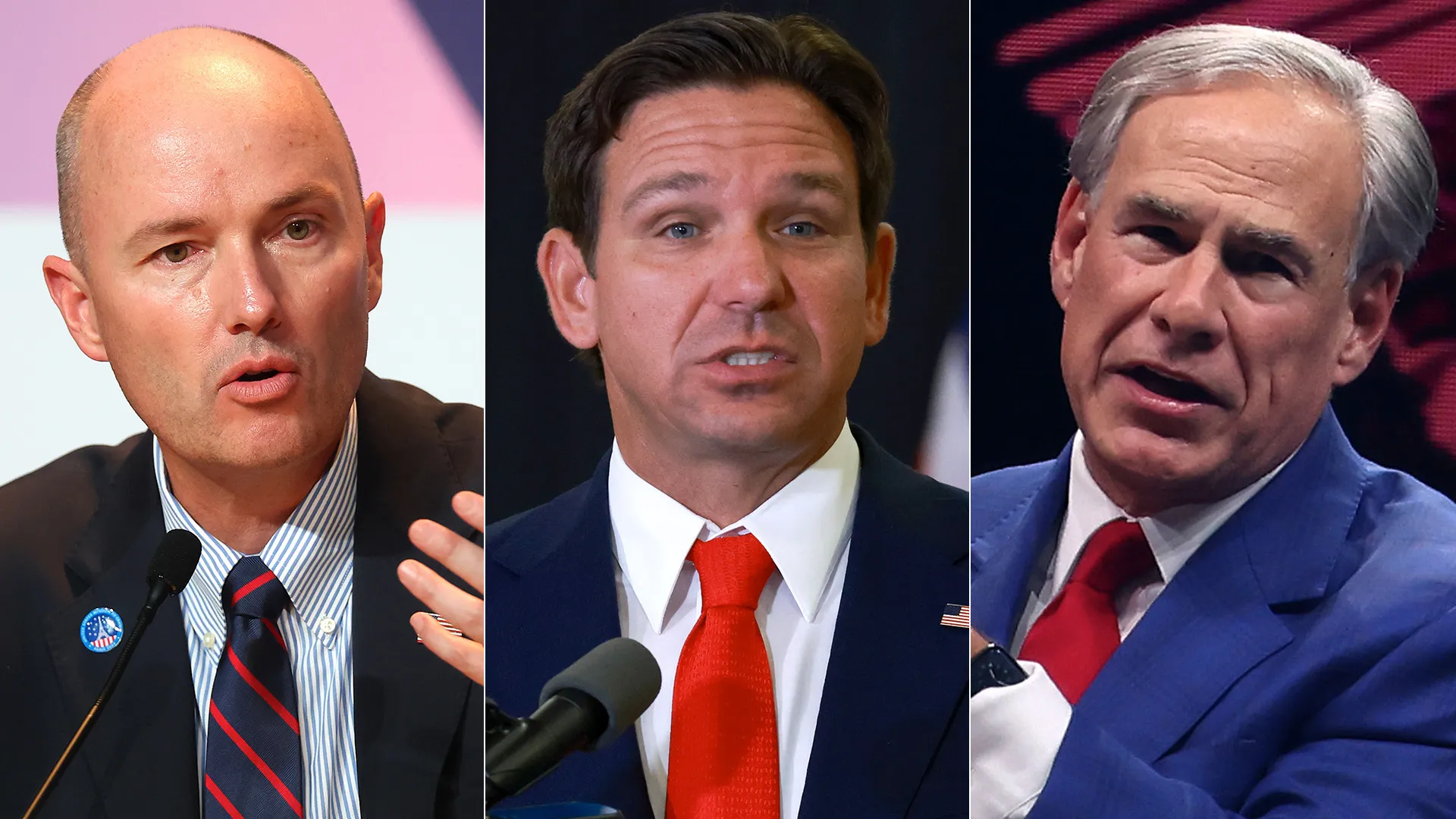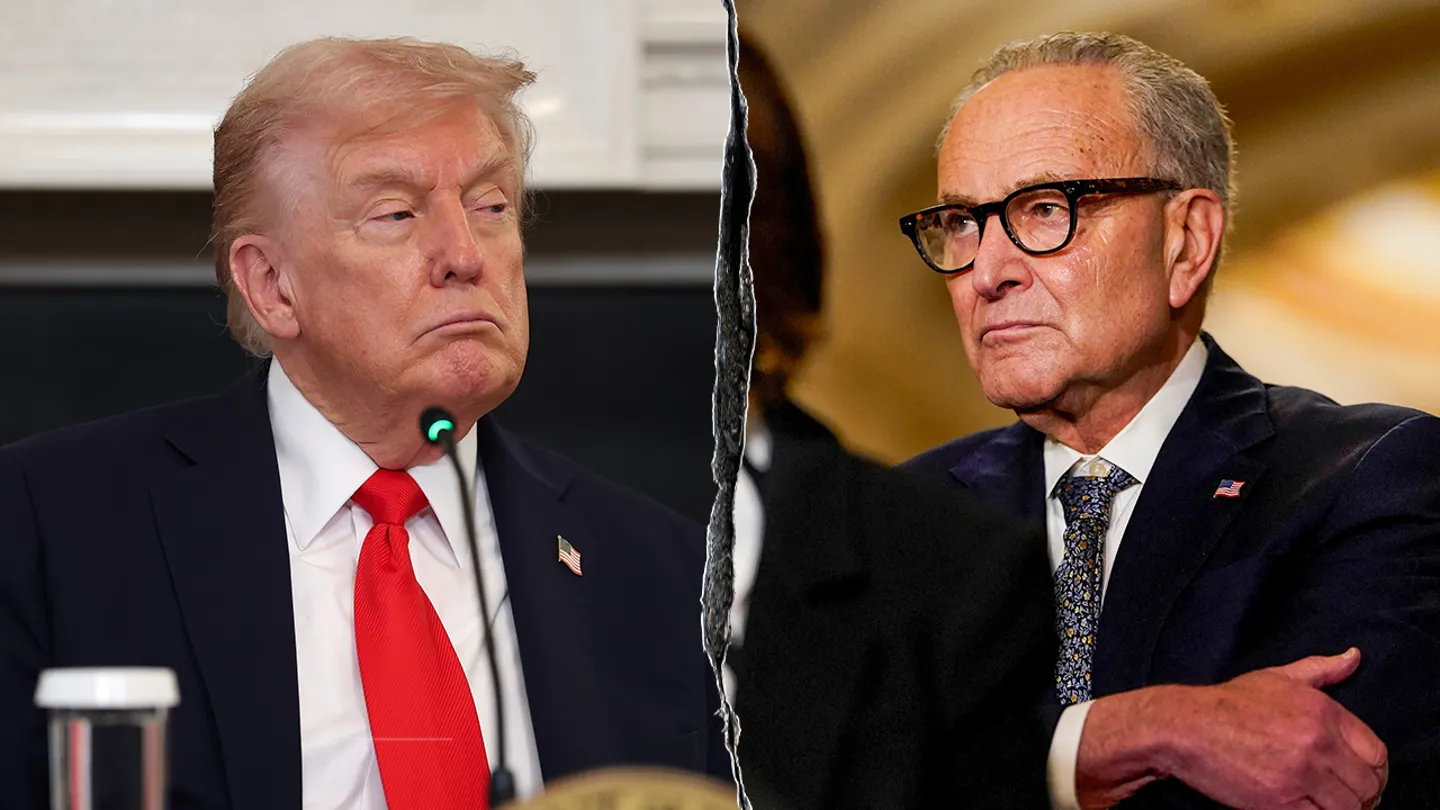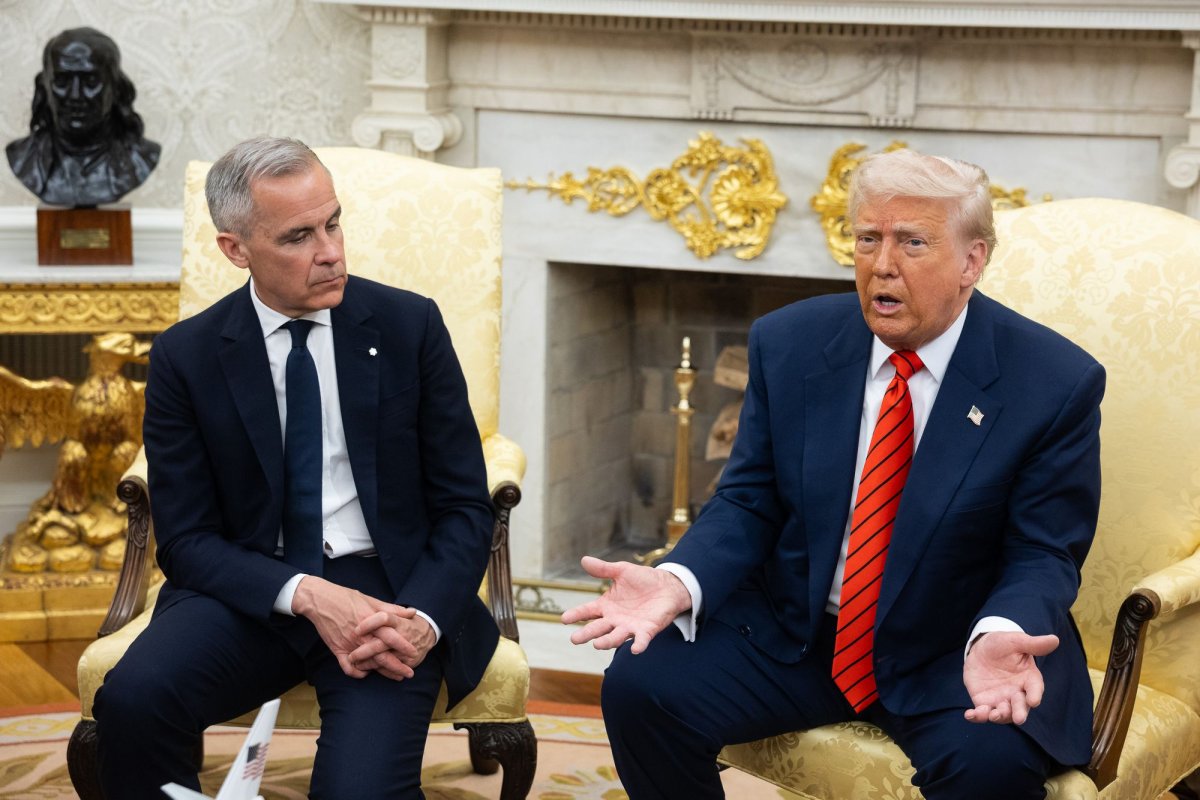GOP leaders are doubling down on their commitment to help President-elect Trump with a key — and controversial — component of his mass deportations plan: cooperation from local and state authorities.
Why it matters: The federal government doesn’t have enough resources to carry out mass deportations — the country has an estimated 11 million undocumented immigrants — without local police being involved.
Context: Some local governments have long collaborated with federal immigration authorities, usually via “detainers” — requests from Immigration and Customs Enforcement (ICE) for local police to hold for an extended period immigrants who have been arrested on criminal charges.
- ICE uses the detainers to give itself more time to determine whether the immigrants are deportable and, if so, to detain them while they’re still in local custody.
- But critics say those collaborations create distrust between local police and immigrants who, because of the relationship with ICE, may be scared to cooperate with an investigation or report a crime to their local authorities.
State of play: Utah Gov. Spencer Cox (R) last week announced a “targeted effort” to aid Trump’s deportation plans, Axios Salt Lake City reporter Kim Bojórquez writes.
- Republican Gov. Ron DeSantis of Florida, which has the third-highest number of undocumented immigrants, said in post on X last week that “states and localities should be required” to assist with deportations “as a condition of receiving federal funding.”
- Texas, which has the second-highest number of undocumented immigrants, has offered Trump the use of a 1,400-acre ranch near the southern border for deportations. It also passed a law last year that would allow local police to arrest people suspected of crossing the border illegally.
- That law, which the U.S. says is unconstitutional because only the federal government can enforce immigration laws, is on hold while a lawsuit against it plays out in court.
The other side: Some Democratic governors and mayors say they won’t be cooperating with the feds on mass deportations.
- Denver Mayor Mike Johnston has pledged to protect undocumented immigrants from possible mass deportations under the incoming administration.
- In an interview this month, Boston Mayor Michelle Wu reiterated the city’s decade-old policy of refusing to help deport undocumented immigrants unless criminal warrants have been issued.
Zoom in: Perhaps the biggest rebellion comes from California, where the largest number of undocumented immigrants lives (1.8 million).
- Gov. Gavin Newsom (D) earlier this month called a special legislative to session resist the incoming Trump administration, including on immigration.
- The Los Angeles City Council last week unanimously approved a “sanctuary city” ordinance that bars city resources or personnel from being used to help federal immigration enforcement.
Reality check: Mass deportations will be tough to pull off logistically, even with the aid of some states or cities. Immigrants are also afforded due process by the nation’s immigration courts, which has a backlog of 3.7 million cases.
- The government will need to house detained immigrants before they are deported, and there aren’t currently enough facilities to do that.
- The feds already have some partnerships with local jails and state prisons to house immigrants who are in non-criminal detention, and the Trump administration could expand that use.
What to watch: Some cities with significant immigrant populations are waiting to take a stand.
- Columbus, Ohio, recently created a commission to report on issues that concern immigrants, but does not consider itself a sanctuary city and will not answer questions about deportations until the commission is seated, per city spokesperson Nya Hairston.
- Mayor Andrew Ginther said at a press conference earlier this month that he didn’t run to be “anti-Trump.”
- Ginther, who also serves as the president of the U.S. Conference of Mayors, said mayors are “not interested in a war with the Trump administration.”




